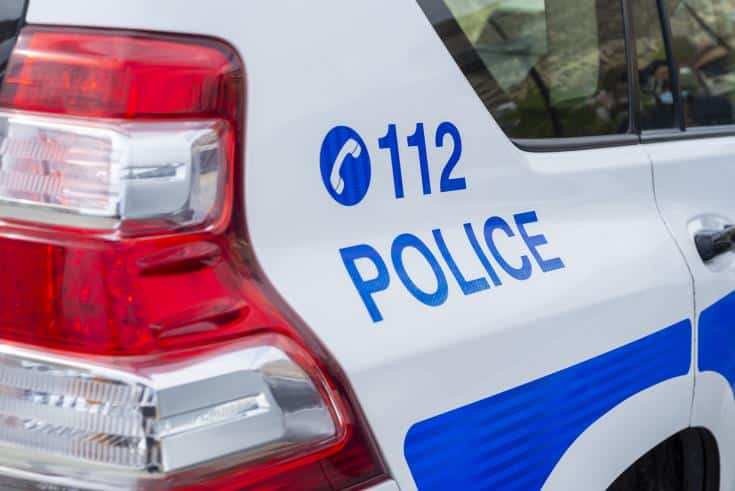It’s 2023, the height of the digital revolution and here in Cyprus we’re still debating the issue of police body cams, something that was implemented in the UK as far back as 2005.
In the US, body cam-footage is regularly released to show disputed interactions between police officers and members of the public. The cameras can protect police from unfounded allegations, and either protect the public from abuse to start with, or be used later in a complaint case.
Although Cyprus has a police complaints commission, the vast majority of cases are deemed unfounded, a few result in disciplinary charges, and a handful reach the public’s ears when they are particularly egregious. Body cams could help get to the truth a lot faster.
At a recent House committee where the debate on the issue has been dragging on, MPs and police quibbled over the framework for the use of cams on uniforms and patrol cars, and the storage of the data.
Authorities love to cite privacy issues when they’re concerned about their privacy but always couch it in such a way that they appear concerned for the public’s privacy.
Committee deputy head Fotini Tsiridou said there were many advantages to body cams such as transparency, control of police behaviour, protection of citizens, collection of evidence, and evaluation of police operations.
Using camera footage, courts could become an eyewitness to events, she said, and it would contribute to the quality and speed of administering justice.
The head of the police union ‘Isotita’, Nikos Loizides said both the justice ministry and the attorney-general’s office were not ready to propose the final text.
Though in favour of cameras, he said the data should be kept longer because many people do not file complaints against officers for as many as six months later. He does have a point.
Akel MP Aristos Damianou said there was serious potential for the cams being unconstitutional, which makes no sense. There are already a lot of CCTV cameras on private buildings gathering data, traffic cameras, and sometimes even police drones in the sky.
But he also had a point when he said police were not being entirely honest in their opposition.
This issue came up during the Ayia Napa gang-rape case when the police offered some hooey about legal, operational and financial reasons as to why they could not video record their interviews with the British woman after her arrest that resulted in a trial within a trial during the proceedings.
There is a smackdown comment often used to browbeat privacy advocates: “If you’ve nothing to hide then you’ve nothing to fear”. Shouldn’t this also apply to the authorities and not just the surveillance of the public?
Body cams are not a perfect science but on balance, the more transparency the public can be afforded in their dealings with police, the better for everyone.
Besides cams could also prevent ‘important people’ from intimidating traffic police with the line: “Do you know who I am?” when they’re stopped.







Click here to change your cookie preferences